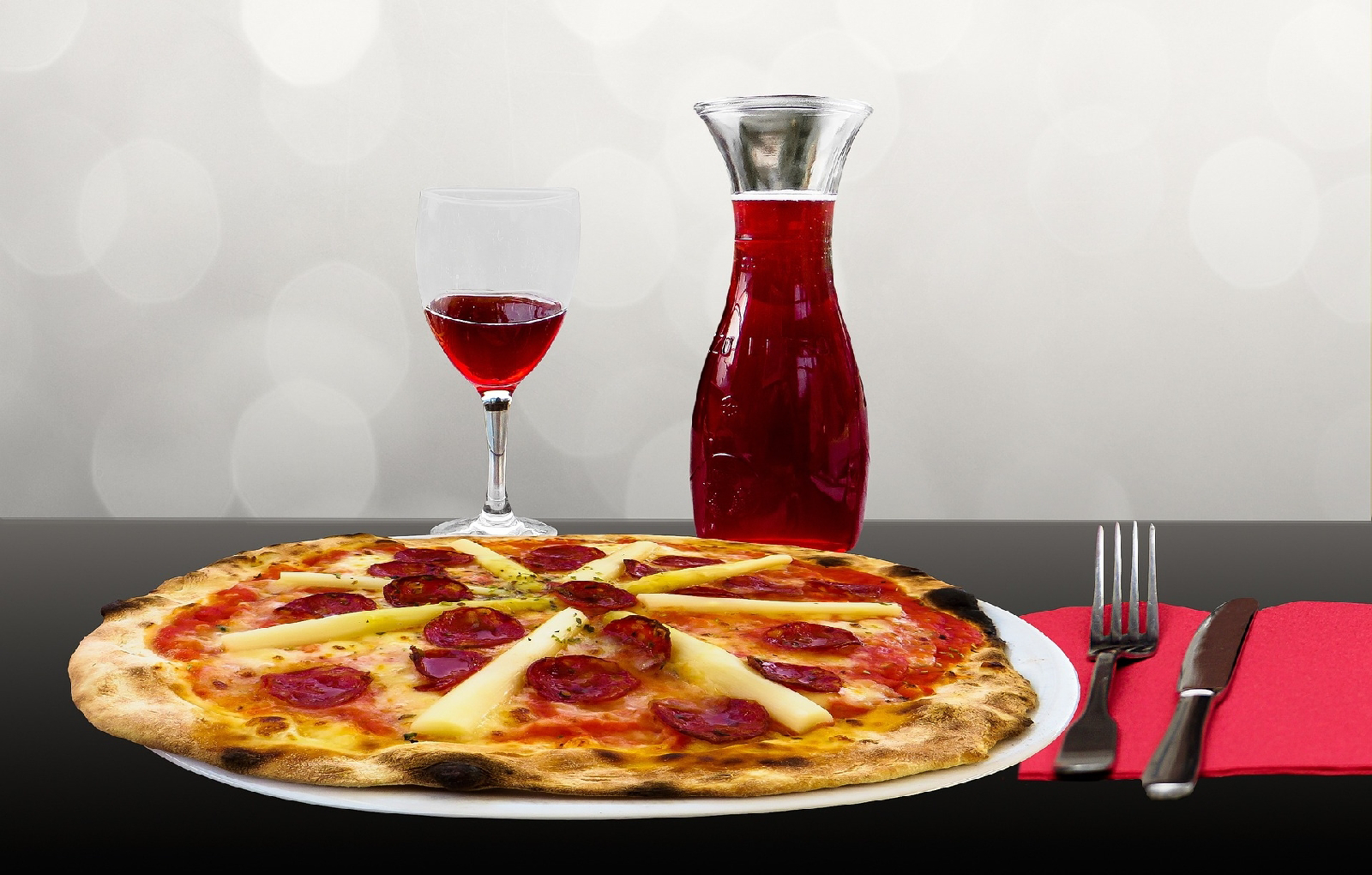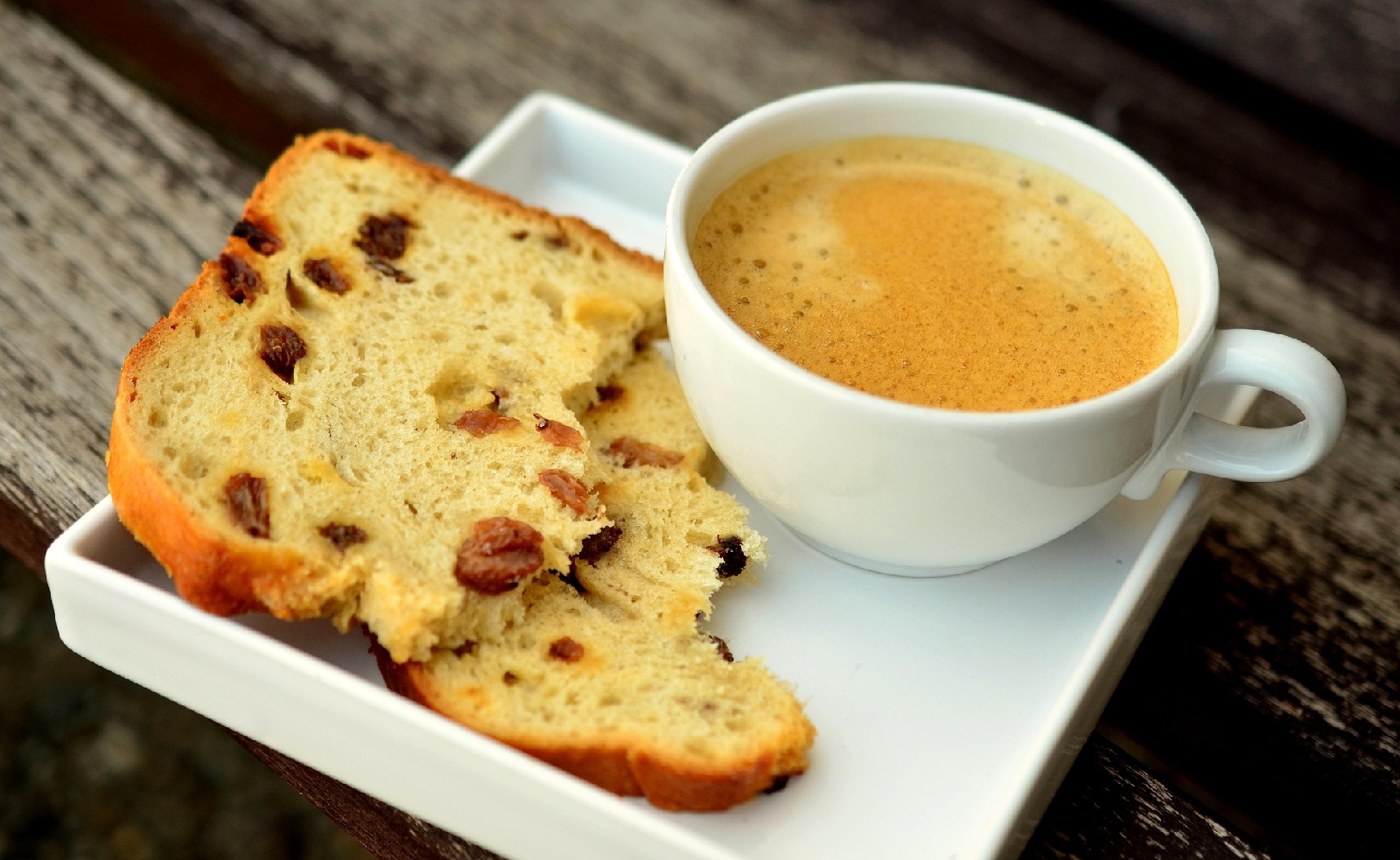## Food and Drink Word: Uncovering the Fascinating World of Culinary Terminology
The world of food and drink is a vast and fascinating realm, filled with diverse culinary delights and an array of terminology that can be both intriguing and overwhelming. From the simplest of snacks to the most sophisticated of fine dining experiences, the language of food and drink plays a crucial role in our appreciation and understanding of the culinary arts. In this article, we will delve into the world of food and drink words, exploring the history, evolution, and cultural significance of culinary terminology.
### A Brief History of Culinary Terminology
The origins of culinary terminology can be traced back to ancient civilizations, where food and drink played a central role in cultural and social life. The ancient Greeks and Romans, for example, developed a sophisticated system of culinary terminology, with words such as "symposium" (a social gathering centered around food and drink) and "cena" (a formal dinner party). As civilizations evolved and cultures interacted, culinary terminology continued to develop and spread, with new words and concepts being borrowed and adapted from one culture to another.
#### The Evolution of Food and Drink Words
Over time, culinary terminology has undergone significant changes, reflecting shifts in cultural, social, and economic contexts. The rise of new cooking techniques, ingredients, and culinary styles has led to the creation of new words and phrases, such as "sous vide" (a method of cooking using sealed bags and water baths) and "farm-to-table" (a culinary movement emphasizing locally sourced ingredients). Additionally, the increasing globalization of food culture has led to the adoption of international culinary terms, such as "sushi" (a Japanese dish made with vinegared rice and raw fish) and "taco" (a Mexican dish consisting of a corn tortilla filled with meat, cheese, and vegetables).
### Cultural Significance of Food and Drink Words
Culinary terminology plays a significant role in shaping our cultural identity and social interactions. Food and drink words can evoke powerful emotions and memories, transporting us back to childhood experiences, family gatherings, and special occasions. The use of culinary terminology can also serve as a form of cultural expression, with different cultures and communities developing their own unique vocabulary and traditions. For example:
* In Japan, the concept of "omotenashi" (hospitality) is deeply rooted in the culture of food and drink, with hosts taking great care to provide guests with exquisite cuisine and exceptional service.
* In Italy, the tradition of "la dolce far niente" (the sweetness of doing nothing) is often associated with lingering over a delicious meal, enjoying good company, and savoring the simple pleasures of life.
* In Mexico, the vibrant culture of "fiestas" (parties) and "celebraciones" (celebrations) is often centered around traditional foods and drinks, such as tacos, tamales, and aguas frescas.
#### Key Concepts in Culinary Terminology
Some key concepts in culinary terminology include:
1. **Appetizer**: a small dish served before the main course, designed to stimulate the appetite.
2. **Entree**: the main course of a meal, often consisting of a protein source, such as meat or fish, accompanied by side dishes.
3. **Dessert**: a sweet course served after the main meal, often consisting of cakes, pastries, or other sweet treats.
4. **Beverage**: a drink, such as juice, tea, or coffee, served alongside or after a meal.
### Conclusion
In conclusion, the world of food and drink words is a rich and fascinating realm, filled with history, culture, and significance. By exploring the origins, evolution, and cultural context of culinary terminology, we can deepen our appreciation and understanding of the culinary arts. Whether we are foodies, chefs, or simply enthusiastic about trying new culinary experiences, the language of food and drink plays a vital role in our enjoyment and appreciation of the culinary world. So, next time you sit down to a delicious meal or sip a refreshing drink, remember the fascinating world of food and drink words that surrounds us, and indulge in the flavors, aromas, and cultural heritage that make our culinary experiences so unique and unforgettable.










